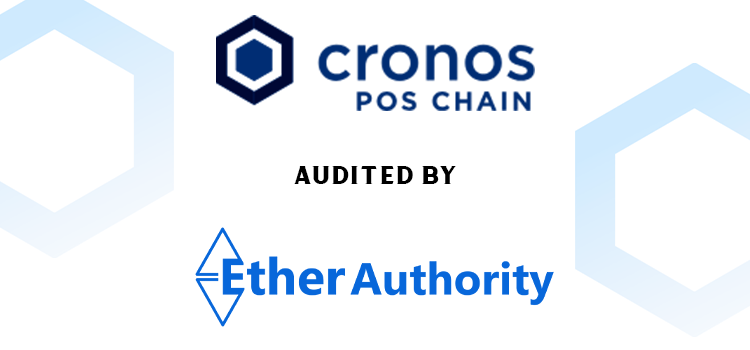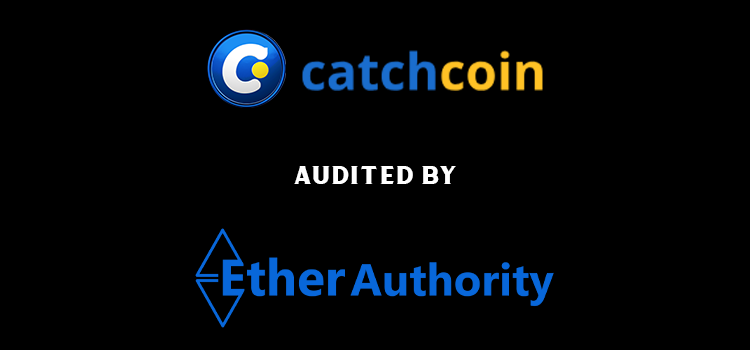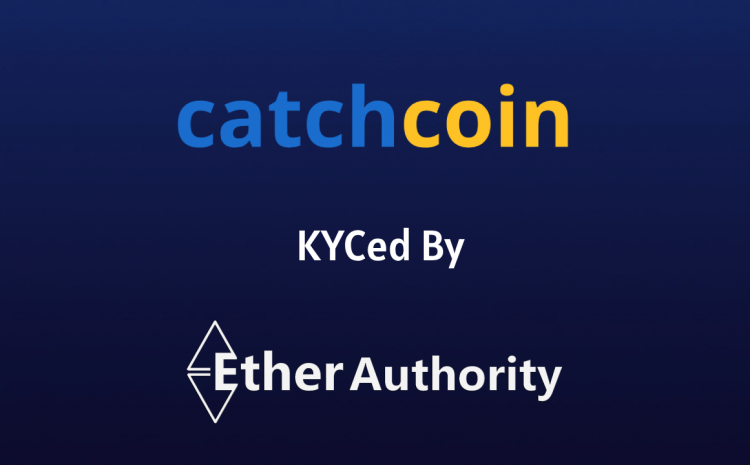
Project Background
- This contract inherits from several other contracts and libraries to implement functionalities like access control, ERC20 token standards, pausing, burning, and minting.
- Here’s a breakdown of what this contract does:
- Libraries: The contract imports and uses various libraries like EnumerableSet, SafeMath, and Address to implement set operations, safe arithmetic operations, and address-related functions.
- AccessControl: The contract defines roles (MINTER_ROLE and PAUSER_ROLE) and assigns them to specific accounts. These roles control who can mint new tokens and pause/unpause the contract.
- ERC20 Token: The contract implements the ERC20 token standard with functionalities like transferring tokens, approving spending, allowance management, total supply, balance inquiries, etc.
- Burnable: This contract allows tokens to be burned (destroyed) by the token owner or by another authorized account.
- Pausable: The contract can be paused and unpaused, preventing token transfers while paused to avoid potential issues or attacks.
- Constructor: The constructor initializes the contract by setting up the default admin role and assigning the minter and pauser roles to the contract deployer.
- Overall, this contract provides a standard ERC20 token with additional features such as access control, burning, and pausing.
Website: cronos-pos.org
Executive Audit Summary

- According to the standard audit assessment, the Customer`s solidity smart contracts are “Secured”. Also, these contracts contain owner control, which does not make them fully decentralized.
- We used various tools like Slither, Solhint and Remix IDE. At the same time this finding is based on critical analysis of the manual audit.
- We found 0 critical, 0 high, 0 medium, 1 low and 7 very low-level issues.
Audit Report in PDF
Audit Report Flip book
Please wait while flipbook is loading. For more related info, FAQs and issues please refer to DearFlip WordPress Flipbook Plugin Help documentation.




